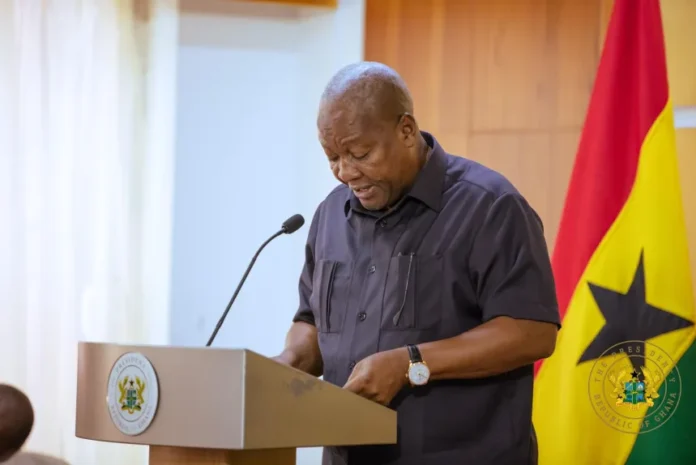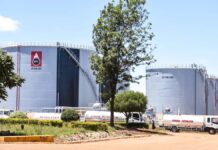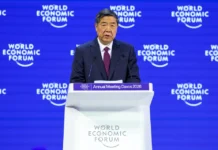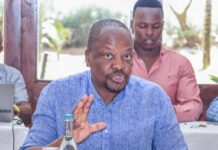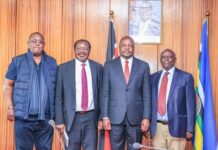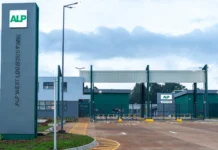Ghana is set to receive a fresh injection of $367 million (Ksh 47.3 billion) from the International Monetary Fund (IMF), following the successful completion of the fourth review of its ongoing economic reform program under the three-year Extended Credit Facility (ECF).
The approval, granted by the IMF Executive Board, brings the total disbursement to Ghana under the $3 billion program to approximately $2.3 billion since it was initiated in May 2023.
Commitment to Reform and Fiscal Stability
In a statement, IMF Deputy Managing Director Bo Li praised Ghanaian authorities for demonstrating strong commitment to restoring fiscal discipline and addressing the structural issues that contributed to previous economic instability.
“They have passed a 2025 budget consistent with the program’s objectives and enacted an enhanced fiscal responsibility framework,” Li said, highlighting steps taken by the government to align its fiscal planning with IMF targets.
The funds will support Ghana’s ongoing reform agenda, which has focused on stabilizing the macroeconomic environment, tackling debt vulnerabilities, and enhancing social safety nets.
Stronger Than Expected Economic Growth
The IMF noted that Ghana’s economic performance has exceeded expectations in 2024 and into early 2025. Growth was bolstered by strong activity in the mining, agriculture, ICT, manufacturing, and construction sectors, helping to cushion the impact of global economic pressures.
Despite the progress, the IMF emphasized the importance of sustaining momentum.
“Staying the course of fiscal adjustment and completing the debt restructuring are key to ensuring fiscal sustainability,” Li added. “This should be supported by continued efforts to enhance domestic revenue mobilization and streamline non-priority expenditure.”
A Critical Phase for Ghana’s Recovery
The latest disbursement comes at a crucial time for Ghana, which has been navigating high inflation, a depreciating currency, and rising public debt. The government has pledged to continue reforms aimed at increasing public sector efficiency, enhancing revenue collection, and protecting the most vulnerable populations.
The IMF’s financial support is expected to help stabilize the economy further, while enabling Ghana to make critical investments in development and social programs.
Ghana’s next review under the ECF arrangement is scheduled for later this year, where the country’s progress on debt restructuring and public finance reforms will remain key focus areas.
Written By Ian Maleve









